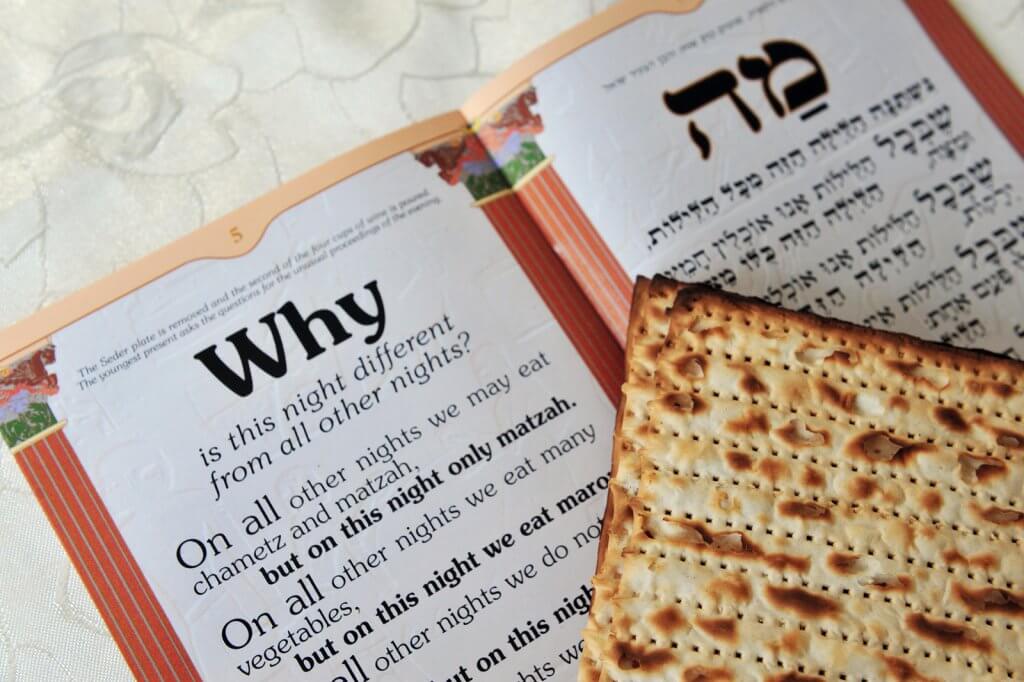
What are the four questions?
During the seder, the festive holiday meal eaten on the Jewish holiday of Passover, there are many rituals designed to pique the interest of adults and children alike. One of these, meant to get children very involved, is the asking of the Four Questions. These four questions are meant to arouse curiosity, as well as to make children feel involved at the meal.
Judaism is a relatively unique religion because it actively encourages asking questions. Indeed, asking a difficult question is seen as something to be admired. To teach this concept to children and to get them started on asking and answering questions of their own, four questions are asked at the Passover seder. Thus, the four questions act as an educational tool.
Before the four questions are asked, there is one main overarching question that is asked: “Why is this night different from all other nights?” In Hebrew, this is pronounced as “Ma Nishtana ha-lahylah ha-zeh mi-kol ha-layloht?” The four questions asked after that highlight some of the things that make the night of the Passover Seder different from any other night of the year.
The four questions are:
1. Why is it that on all other nights during the year we eat either bread or matzoh, but on this night we eat only matzoh?
2. Why is it that on all other nights we eat all kinds of herbs, but on this night we eat only bitter herbs?
3. Why is it that on all other nights we do not dip our herbs even once, but on this night we dip them twice?
4. Why is it that on all other nights we eat either sitting or reclining, but on this night we eat in a reclining position?
When asked and answered, these questions provide a sort of guide to the story of Passover. The first two remind the Jewish people of their suffering in Egypt, while the last two remind them of their redemption and current freedom. Matzoh is eaten on Passover to remind the Jewish people of when their ancestors fled from Egypt in such a rush that they had no time for their bread to rise. Bitter herbs are eaten to remind the Jews of the bitterness of their slavery. The herbs are dipped in salt water to remind the Jews of the tears of bitterness they shed in Egypt that turned into tears of joy and gratitude when G-d took them out. The herbs are dipped a second time in charoset, a sweet mixture of nuts, wine, cinnamon, and fruit, to symbolize the sweetness that came after the affliction in Egypt. Finally, the Jews recline at the Seder table because only royalty and free people in ancient times were able to eat while reclining and now that the Jewish people are free, they are also like royalty.